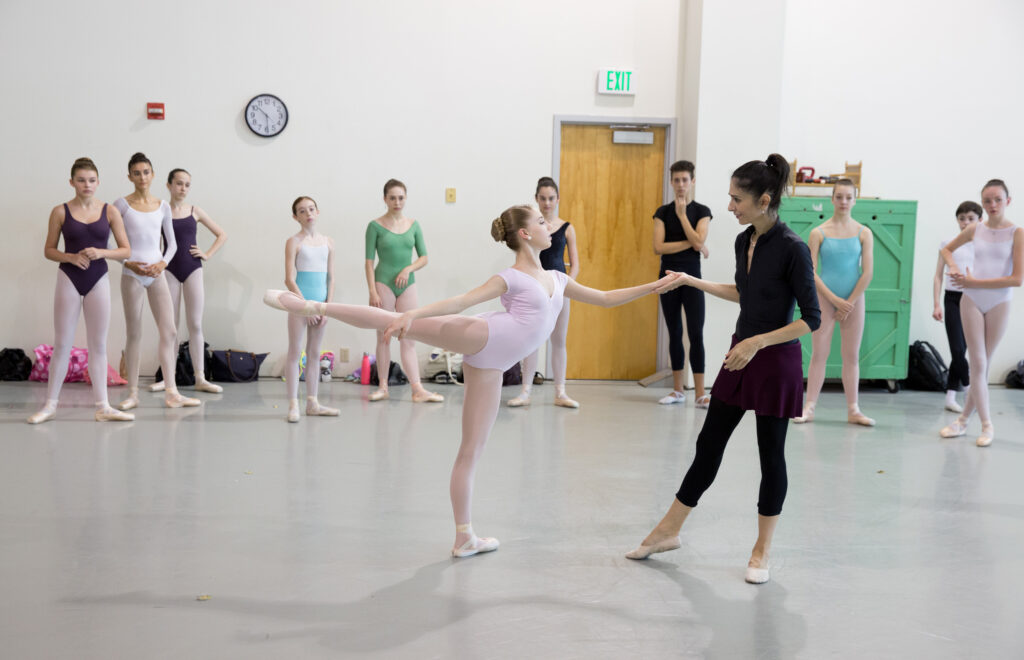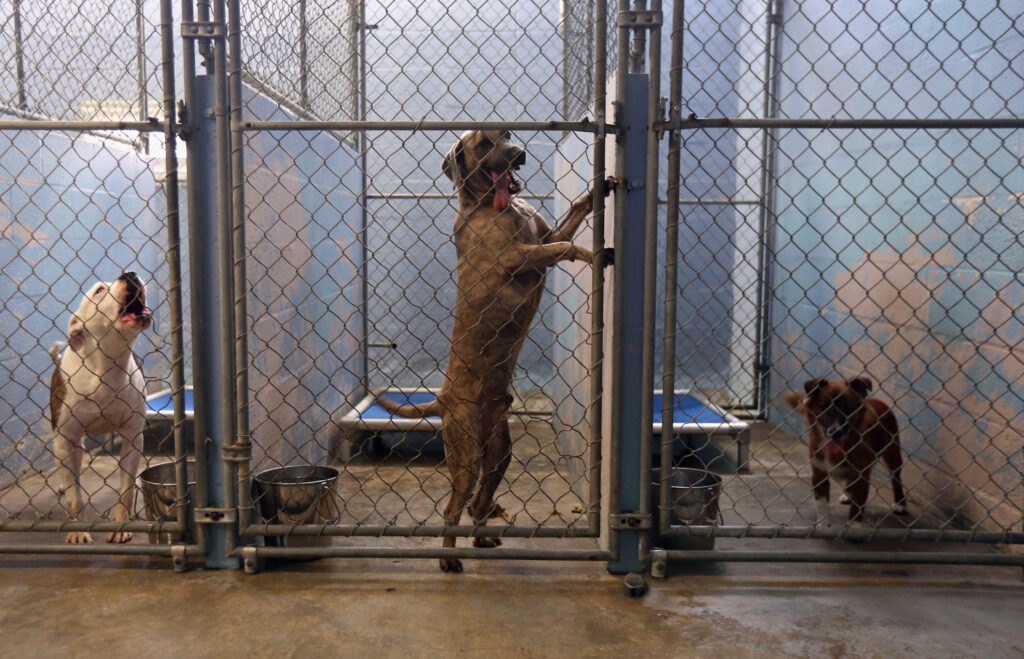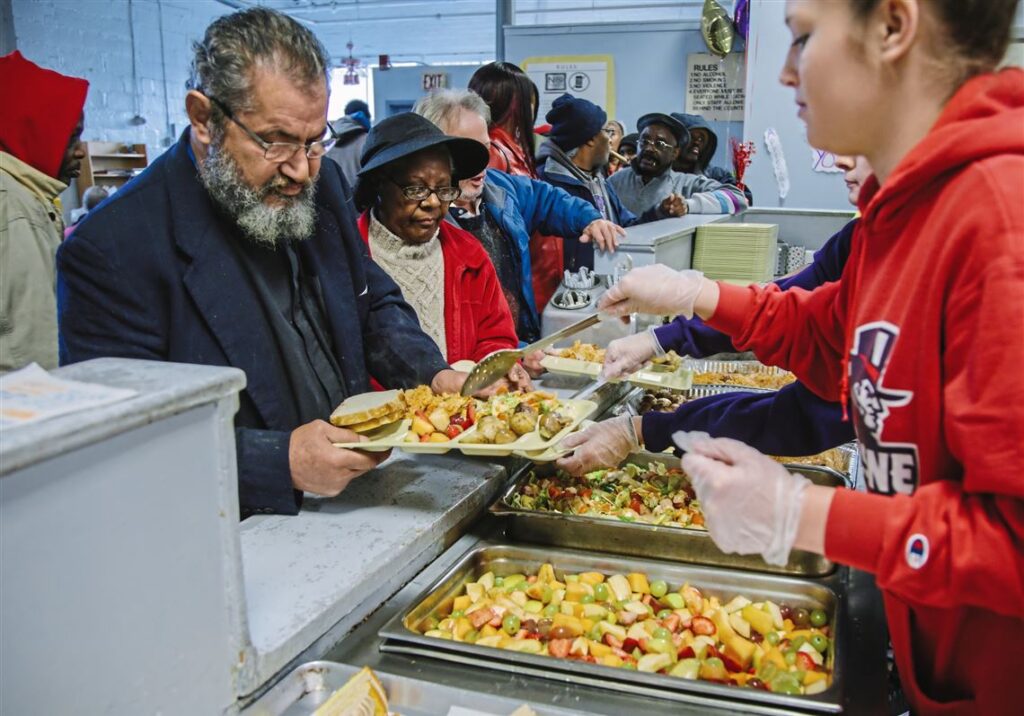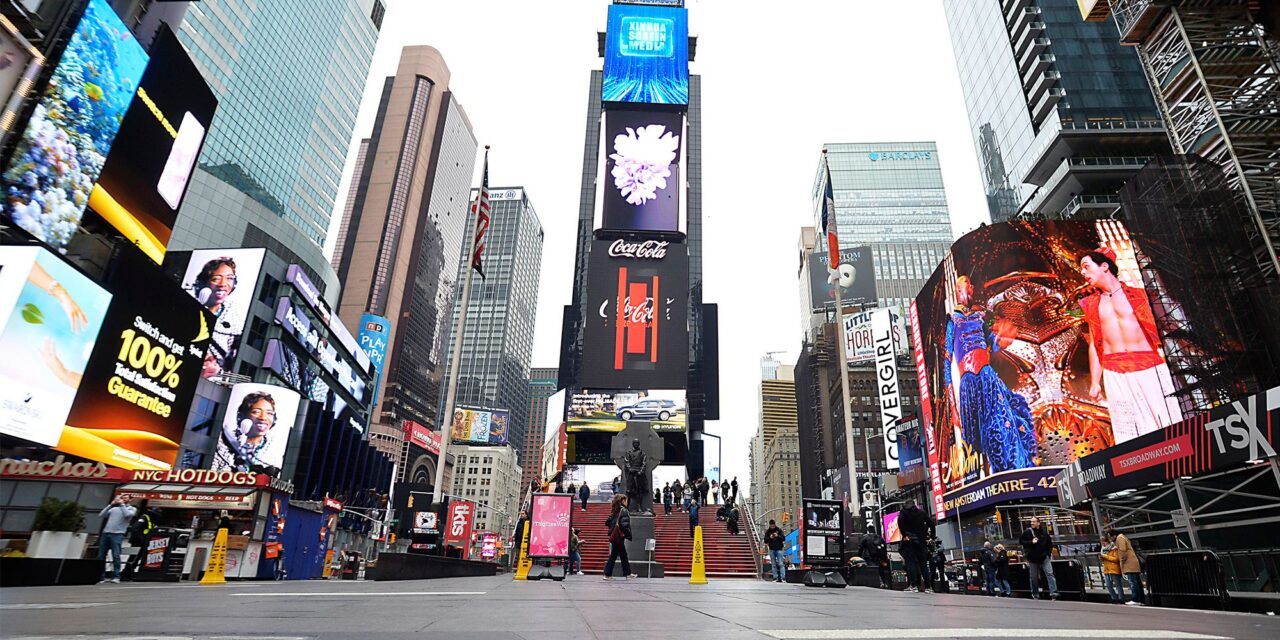Credit: New York Post
No matter where you live, who you are, or what you do for a living, the dangerous COVID-19 (or coronavirus) will, and likely already has, affected your life. Perhaps you personally do not know anyone who has contracted the disease, but you’ve certainly taken notice of the businesses temporarily closing, the grocery stories packed full of people but with empty shelves.
While the description sounds apocalyptic, panic is not necessary. The advised precautions, however, are good to follow. It is important to stay away from large crowds, thoroughly wash your hands, and stay home when possible. Even if you are completely healthy and exhibit no symptoms, keeping to yourself will help curb the spread of the virus to vulnerable populations such as elders, pregnant women, and people with compromised immune system.

Credit: HIT Consult
The practice of social distancing causes problems for all industries. Schools are cancelled. Disney World is closed. Many companies are working from home. These closures trickle down to industries we may not think much about until they are gone, such as entertainment and philanthropic organizations.
The Miami City Ballet has a rich history of visually enthralling shows. With the 2019-2020 season coming to a close in April, many spectators were looking forward to the final shows, but they will have to wait. The March performances Don Quixote, a favorite among fans of ballet, his been postponed until further notice. While ticket-holders for this show have options, Miami City Ballet’s students may not. All classes offered by the Miami City Ballet School are cancelled until April 13, giving upcoming dancers pause.

Credit: Miami City Ballet
There is a similar story in New York City. Because of the State of New York has made an order to cancel or postpone all gatherings of over 500 people until April 12, all Broadway shows during this time frame have been cancelled. To think of Broadway in the dark is an odd thing to consider when one thinks of New York City, but it is a precaution that seems right.
Performances and sporting events closing makes sense once you consider it– audiences of hundreds would be a perfect breeding-ground for a highly contagious virus. One may not think, however, that philanthropic organizations would need to close. For many organizations, there is an constant-in-and-out of volunteers bringing supplies and funds for whatever their cause may be.

Credit: CBS Los Angeles
With the outbreak reaching dramatic height in California, the L.A. County Department of Animal Care and Control (ACC) has closed all of its shelters indefinitely. Animal shelters will run at a limited capacity. The animals currently there will continued to be cared and fed for, but the public is not allowed to visit or adopt animals. This trickles all the way down to surrendering a lost pet– it is suggested that if anyone finds a pet, that they try to keep it and care for it in their home. While the ACC claims animals will not be euthanized unless they are “irremediably suffering, dangerous, or unable to eat without assistance,” many are still concerned.
Animal shelters shutting down has negative implications for homeless centers and soup kitchens. The perfectly valid fear of being infected by this disease will cause (and has) detrimental problems for people who struggle to afford their next meal. With people getting laid off because of the virus, that problem will only get worse. Some children only ate at school. With school closed, who knows when they will get their next meal.

Credit: Pittsburgh Post Gazette
It is more important now than ever to donate to the communities who need it most. Stay at home if you can and go online to find organizations that need funds to keep running. Research organizations near you and find out if there is anything you can do to provide help while being safe. Think of your safety, certainly, but do not forget the lives of others during this trying time.




